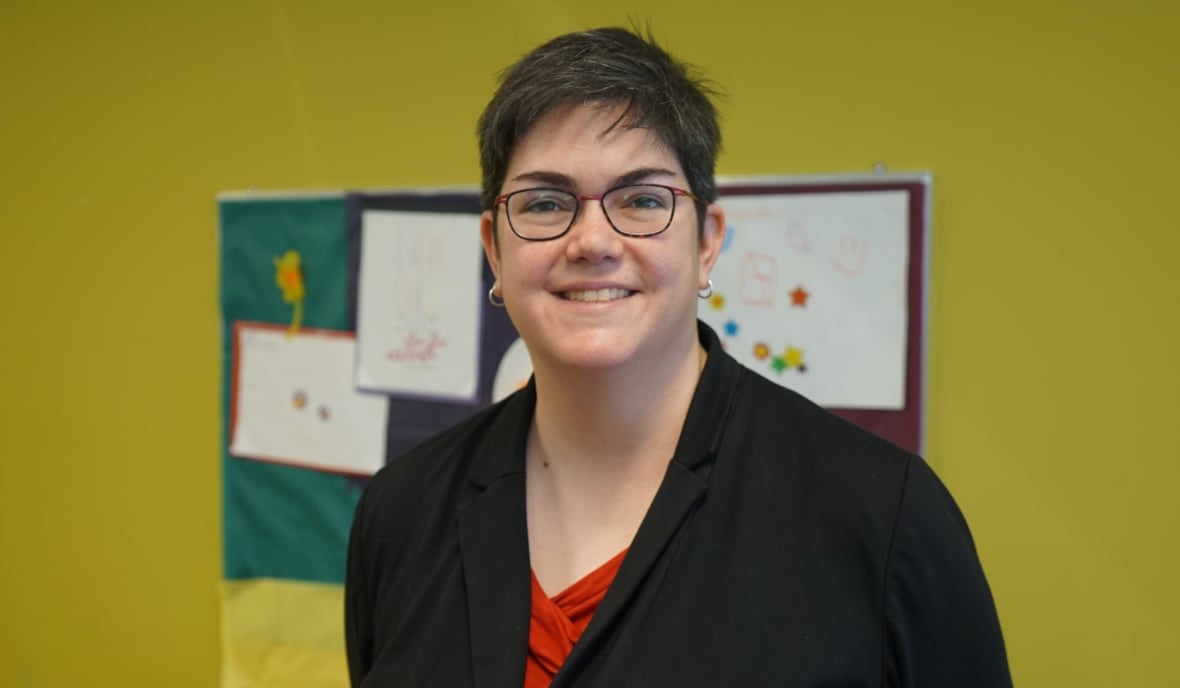As It Happens8:01Doctors in Montreal can now prescribe their patients tickets to the orchestra
Doctors in Montreal are prescribing music as medicine.
The Montreal Symphony Orchestra has teamed up with a national physicians’ organization to develop a new program that allows doctors to prescribe their patients free tickets to shows.
“Physicians will get prescriptions that they will give to patients. The patients will call us. And we will give each patient that calls us two tickets for free,” Mélanie La Couture, CEO of the Montreal Symphony Orchestra, told As It Happens host Nil Köksal.
“They can select the concert they want.”
It’s the latest example in Canada of what’s known as social prescribing, in which health-care providers prescribe things that are normally outside the scope of medicine, but can have tremendous impact on people’s health and well-being — like art, nature or community activities.
It’s a growing practice, and one advocates say reduces loneliness, improves health outcomes, eases the burden on the health-care system and builds much-needed trust between doctors and patients.
Why the orchestra?
When Nicole Parent, executive director of Médecins francophones du Canada, first reached out to La Couture, she was looking to get a discount on orchestra tickets for physicians.
But their partnership soon blossomed into something more ambitious.
“There is an abundance of data, evidence-based data, that have shown that music influences the body and mind in remarkable ways,” Parent said.
Listening to music releases endorphins, which are natural pain relievers and mood regulators. It triggers dopamine, the so-called “feel-good” hormone connected to pleasure, memory and cognition. It lowers levels of cortisol, the stress hormone.
“As a result, music provides benefits, such as reduced stress and anxiety, pain relief … and improved cognitive function,” Parent said.
But why prescribe music, rather than simply communicating its benefits?
“We all know the influence of a physician towards his patient,” Parent said. “If he prescribes that intervention, there’s a better chance that the patient will acknowledge and might go for a concert.”
Not just the orchestra
Kate Mulligan of Toronto’s Dalla Lana School of Public Health says a prescription also gives people the chance to try something they might not have otherwise had access to.
Mulligan is the founder of the Canadian Institute for Social Prescribing, and says people in her field are constantly gathering new data about how engaging with art improves people’s physical and mental well-being.
But she says many people, especially in marginalized communities, don’t always have access to — or feel welcome in — spaces like theatres, orchestras or galleries, until they’re invited.
“So these kinds of programs can be really helpful in making people feel more welcome and learning what they want and need from these programs, and then helping them to engage in the arts more regularly,” she said.

But social prescribing, she says, isn’t only about art. It’s about listening to the patient and figuring out what makes sense for them.
A doctor might prescribe a spot in an exercise class, or membership in a community organization. Some doctors are prescribing access to nature in the form of passes to Canada’s national parks.
A Toronto doctor made waves a few years ago when she prescribed a patient a “puppy of choice. With walks twice daily and lots of love.”
“So lots and lots of really good stuff happening all over the country,” Mulligan said.
Ideally, Mulligan says, social prescribing involves an intermediary, usually a community health worker, whose job is to help the patient actually implement the prescription in a way that makes sense for them.
And when it works, Mulligan says the impacts of social prescribing are widespread.
Her organization published a report last year that found social prescribing delivers a return of $4.43 for every dollar invested, in large part because of a reduction in hospital admissions, emergency visits, and ambulance calls.
What’s more, she says it improves people’s trust in the health-care system.
“We also get to focus on the idea that you matter. And I don’t know about you, but that’s not a feeling I get very often encountering health-care systems these days,” she said.
“You feel like you don’t want to impose, you might be a burden. All those kinds of things come up. You want a space where you do feel like you matter and people have time for you and really listen.”
While Montreal’s orchestra prescription program has just started, Parent and La Couture say loads of doctors have already expressed interest, as have other orchestras in Toronto and Quebec City.
They say they’ll be collecting data from the project as they figure out how to make it work. Then, they hope to grow.
“It’s a first step,” La Couture said. “I would love to expand that project really widespread.”






